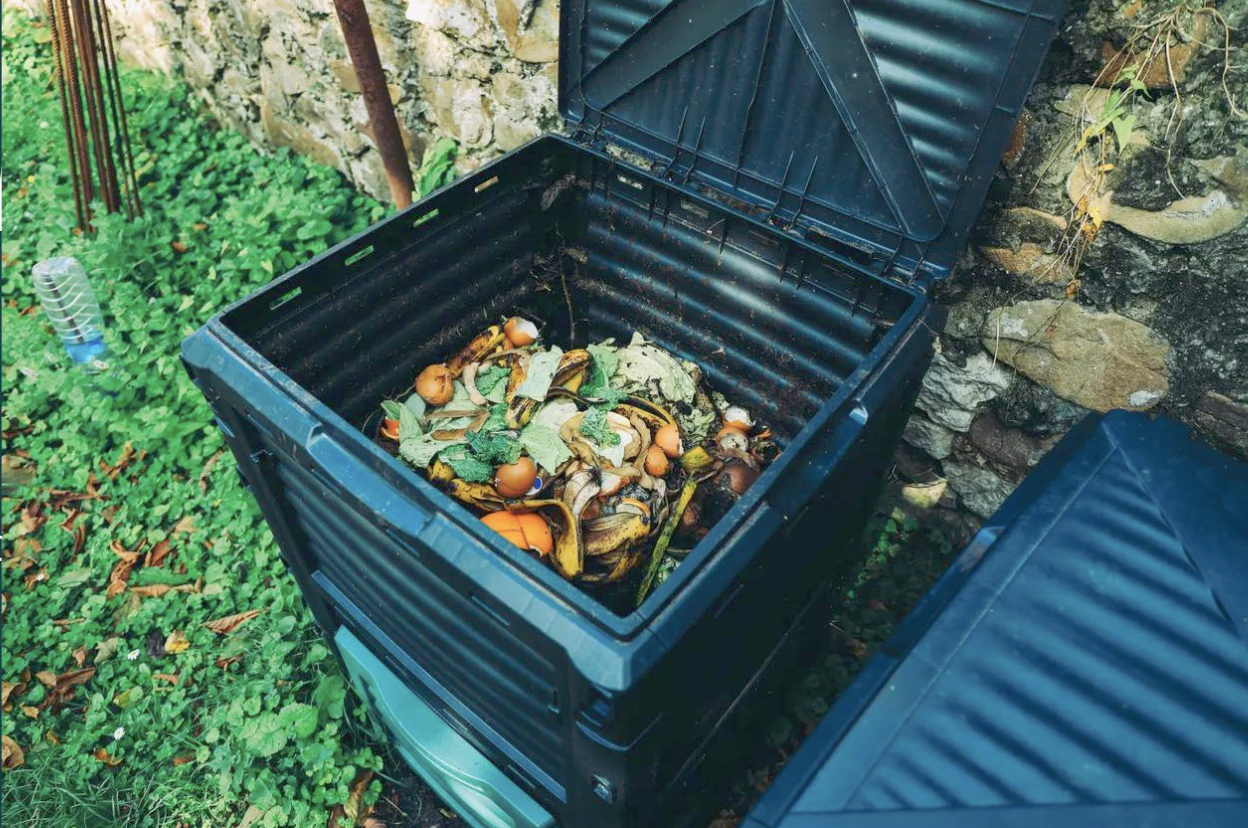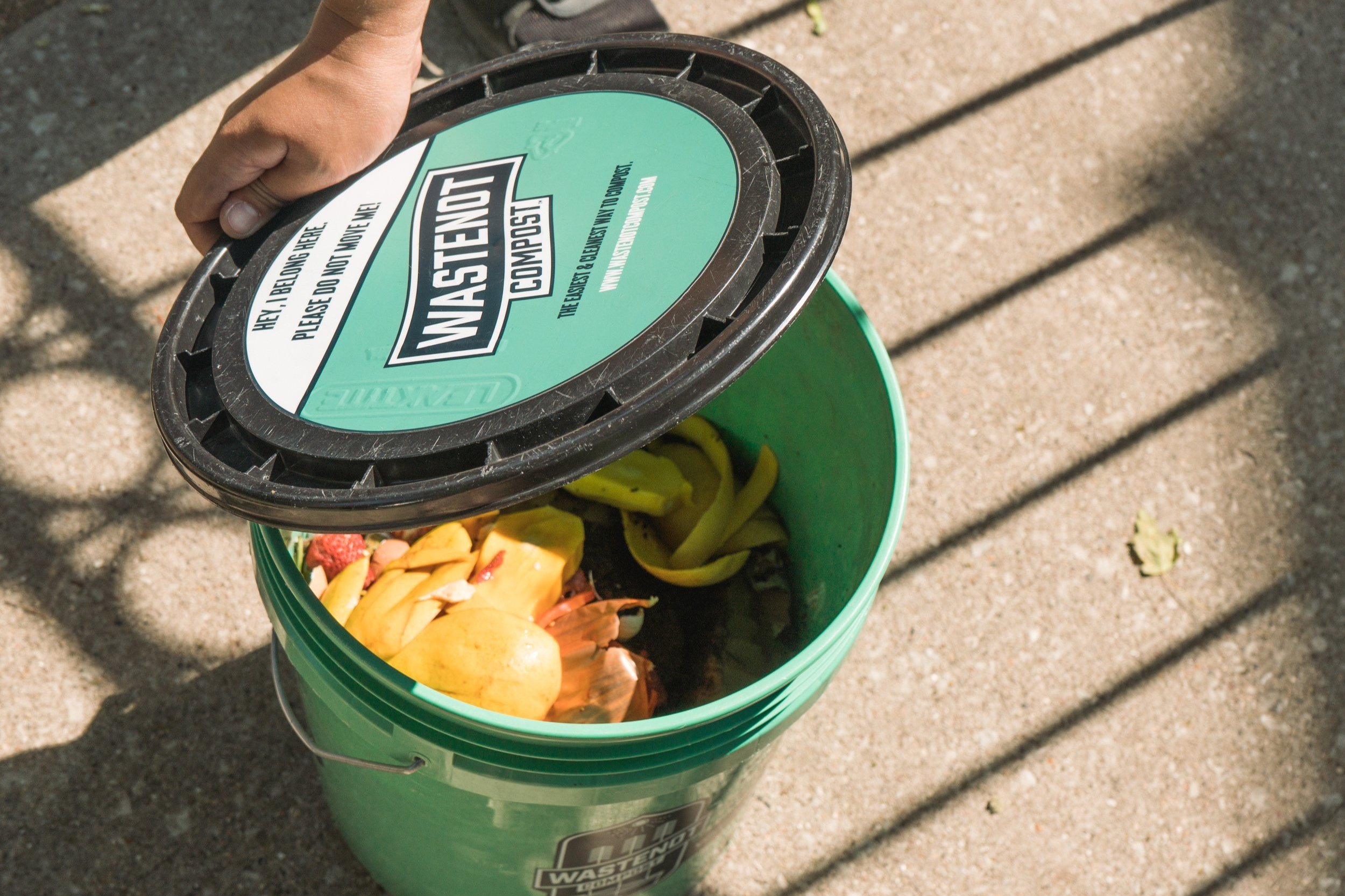How Is WasteNot Different Than Composting At Home?
Composting is great for our planet and for creating a sustainable lifestyle. Here at WasteNot, we aim to make composting easy and convenient for everyone.
The main question surrounding composting is no longer whether or not to compost, but what is the best way to do it.
Why Compost?
Reduce organic waste in landfills: 40% of food in the United States currently goes to waste in landfills, around 133 billion pounds each year. 24% of landfill space is taken up by food waste that could be diverted.
Minimize greenhouse gas emissions from landfills: Food and organic matter in landfills releases methane, a harmful greenhouse gas that is 20x worse for our air than CO2, when it decomposes. 17% of the United State’s total greenhouse gas emissions come from food waste rotting in landfills.
Minimize garbage smells: As organic matter in your trash decomposes, it releases odors that are usually the source of a smelly garbage can. Composting your food waste in a WasteNot bucket creates a cleaner trash bag.
Decrease rodent traffic: Less smelly waste minimizes the attraction of rodents to the garbage.
Improve soil health: Compost is highly nutritional and can improve the health of crops and plants when added to the soil.
What are my composting options?
There are two main options for composting your organic waste: at home or commercial composting. With both options, the composting process breaks down the organic matter and compostable products, creating a mixture filled with nutrients that can be used as a fertilizer, rather than using chemical fertilizers.
Composting With a Commercial Service Like WasteNot
-
Commercial composting, like our services at WasteNot, aims to simplify the composting process. Our goal is to make composting easy, convenient, and affordable. We do the dirty work for you!
-
Easy compost pickup and bucket delivery
Hassle-free composting process
Ensures all possible organic matter is diverted from our landfills
Doesn’t require a large outdoor space
Accepts a larger range of organic matter
-
Fruits and vegetables
Crushed eggshells
Coffee grounds, filter, and tea bags
Yard scraps
Legumes and fungi
Paper towels, napkins, 100% paper bags
Pizza boxes and scraps
Plants and flowers
Pet food
Cardboard
100% silk, wool, cotton, wood, or cork
Newspaper
Large food items
Solid dairy/non-dairy alternatives
Cooked or stale bread, pasta, cereal, baked goods
Meat products and bones
Certified compostable plastic products
Composting At Home
-
At-home composting requires some type of composting bin or barrel which the organic materials can be added to. You are responsible for mixing the material and aerating your organic matter to ensure the composting process is controlled correctly.
-
Watch the process from start to finish
Gain experience in the compost process
-
Fruits and veggies
Crushed eggshells
Coffee grounds, filters, and tea bags
Yard scraps
Legumes and fungi
Paper towels, napkins, 100% paper bags
Pizza boxes and scraps
Plants and flowers
Pet food
Cardboard
100% silk, wool, cotton, wood, or cork
Newspaper
Looking to start composting? Click here to learn more about WasteNot’s residential services and sign up!


